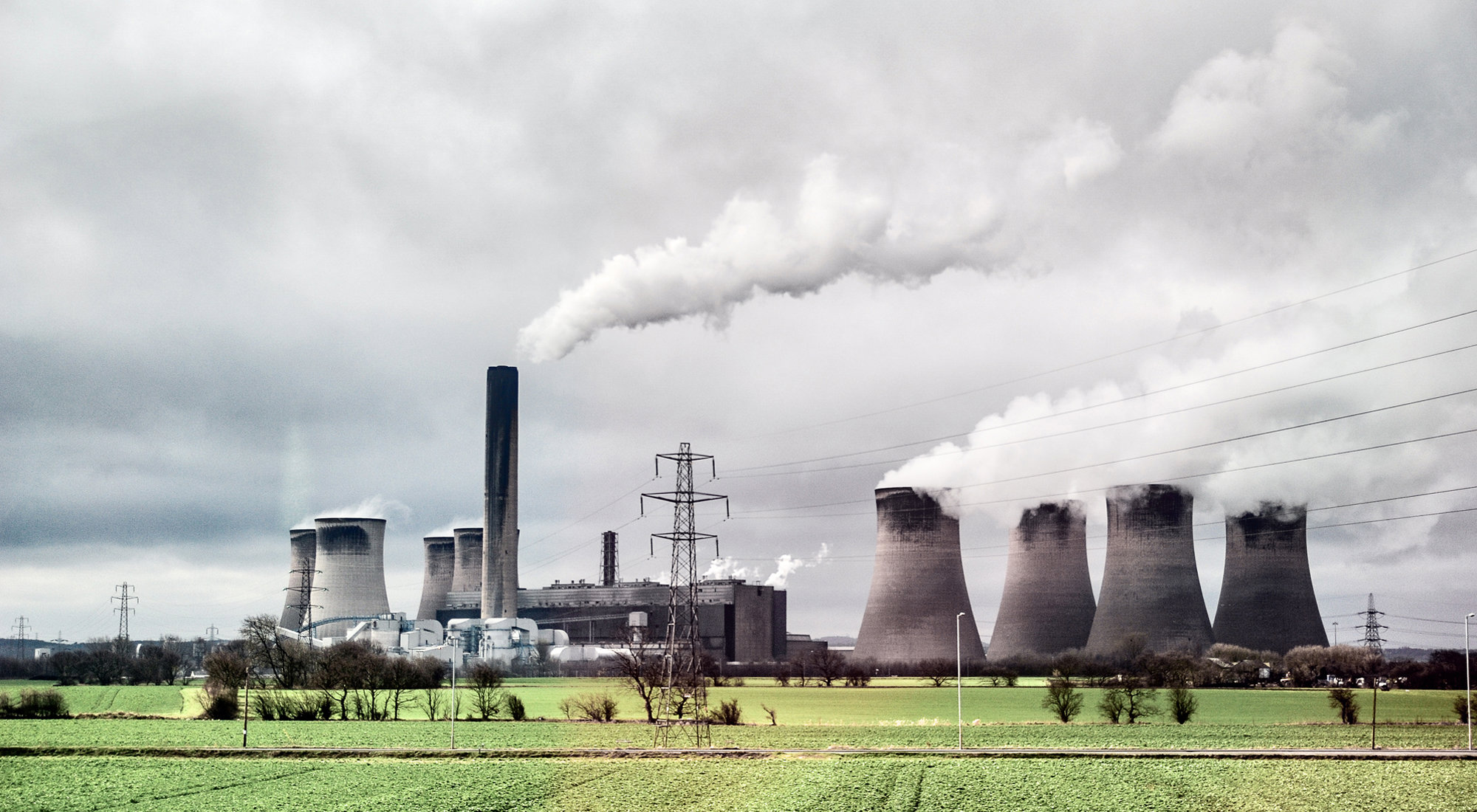United States mass tort litigation will continue to encounter standing and due process headwinds
With plaintiffs' attorneys favouring contingency fee agreements whereby they receive a percentage of recoveries, especially for mass actions which maximise fee awards from deep-pocketed organisations, the search is now on for the 'next big thing'. Previously, mass actions centred around asbestos, tobacco, pharmaceuticals, breast implants, pelvic mesh, and environmental contamination (among others). To ensure maximum recovery, the plaintiffs' bar argued for – and courts adopted – alternative causation theories to impose liability for damage and injuries even when plaintiffs could not directly prove their damages and/or injuries were caused by a particular defendant. Even in those cases, however, plaintiffs must allege their injuries are attributable to the acts or omissions of specific defendants. The plaintiffs' bar is now focusing on two types of ubiquitous products that allegedly cause various maladies: forever chemicals (PFAS) and ultra-processed foods (UPF). However, as demonstrated by the courts' decisions in Hardwick v. 3M Co. and Martinez v. Kraft Heinz Co., Inc., claims brought by mass action plaintiffs will not be permitted to survive dismissal based upon general, non-specific allegations about injuries suffered from general exposure to ubiquitous products. We expect that trend to continue for other, similarly ubiquitous products on which the plaintiffs' bar focuses its attention.
Economic challenges will increase efforts by corporations to compel arbitration
Tariffs imposed by President Trump are expected to begin impacting consumers more directly, with economists predicting an uptick in inflation in the United States. 7.4 million Americans are currently unemployed (a rate of 4.3%) but job growth has slowed with only 22,000 new jobs reported in August 2025. The financial assistance that helps people afford health insurance under the Affordable Care Act is set to expire at the end of 2025 and was a key sticking point in the fraught budget debates that led to the shutdown of US government agencies in October. Without an agreement to extend these provisions, up to 17 million Americans could lose their health insurance. Meanwhile, corporations are expected to benefit from new tax breaks after the passage of the One Big Beautiful Bill Act (yes, that's its official name). We expect these developments will incite anti-corporate sentiment in the United States, which is one of the hallmarks of social inflation that contributes to the proliferation of nuclear and thermonuclear verdicts. Consequently, we predict companies will more frequently seek to avoid United States juries and compel arbitration wherever possible based upon the terms that accompany their products and services.
Weather events will continue to affect first party property insurance offerings
Anthropogenic activity has caused – and continues to cause – significant changes in the Earth's climate through emission of greenhouse gases, deforestation, and industrial processes. These changes include shifting weather patterns, more intense tropical cyclones, and exposure of certain areas to more intense non-tropical storm systems. In the United States, climate change has been found to be a factor in the shift of two of the country's weather 'alleys'. 'Tornado Alley' historically referred to parts of Texas northward to areas of South Dakota but more recently includes portions of Arkansas, Mississippi, Alabama, and western Tennessee. 'Hail Alley' historically referred primarily to areas of Colorado, Nebraska, and Wyoming, but has also more recently shifted eastward. The upshot of these shifts is that different areas of the country are now experiencing weather-related risks that they have not typically had to deal with. While insurers historically have offset weather-related risks through premium rates and calculating deductibles as a percentage of policy limits/insured values, more recently they have been unwilling to cover certain climate-related risks, either adopting policy exclusions or exiting certain geographic markets altogether. We expect insurers to continue taking such a stance.
United States immigration crackdowns will have a chilling effect on personal injury litigation
President Trump has followed through on a campaign promise to "launch the largest deportation program in American history" and remove millions of unauthorised immigrants from the United States. In certain jurisdictions (particularly New York), undocumented immigrants comprise a substantial percentage of plaintiffs in personal injury lawsuits. Indeed, multiple Racketeer Influenced and Corrupts Organization Act (RICO) lawsuits have been filed against personal injury law firms in the New York City metropolitan area alleging that those firms have used undocumented immigrants to perpetrate a scheme to bring false and/or trumped-up claims against property owners and their contractors alleging injuries on construction projects. We expect defendants in lawsuits filed by undocumented immigrants to begin demanding that plaintiffs appear in person at court hearings, depositions, independent medical examinations, and other lawsuit-related activities. Although we expect push back against those demands, courts potentially will agree that due process requires their appearance. If so, that may have a chilling effect on plaintiffs' pursuit of their personal injury lawsuits.
Increased integration of AI into day-to-day business decisions will similarly increase litigation and coverage risks
AI is becoming increasingly prolific, spanning an increasing spectrum of industries. With that comes a simultaneous increase in AI-related litigation risks. For example, AI companies have been named in numerous lawsuits alleging they infringed copyrights in constructing their large language models. We also foresee malpractice claims against doctors who rely too heavily on AI and misdiagnose patients, and differences in federal and state regulation of employers' use of AI in hiring decisions could lead to an increase in employment discrimination lawsuits. All these developments will have downstream effects on insurance.




